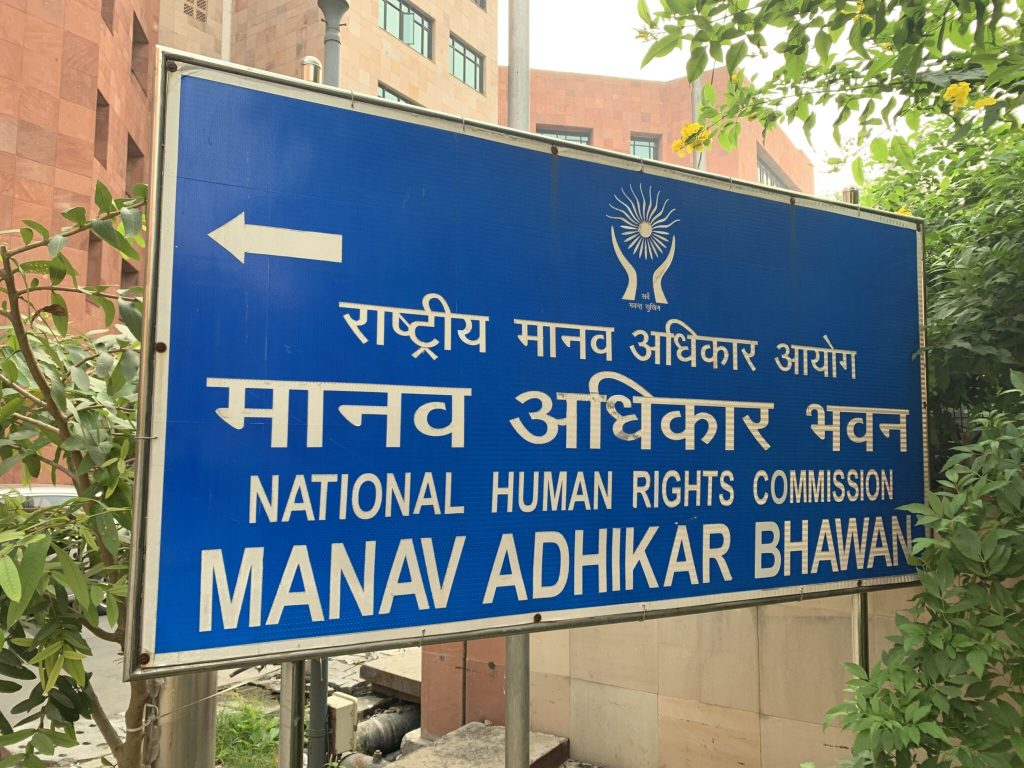India’s record of human rights in the past few years has come under serious international scanner. The recent ethnic strife in Manipur, when the state machinery was blatantly used to help the majority ethnic community to settle scores with a minority group in genocidal attacks, brought worldwide condemnation.
In this backdrop, the United Nations Global Alliance of National Human Rights Institutions (GANHRI) will hold its session in the first week of May to decide, among other things, whether the National Human Rights Commission of India (NHRC) will retain its “A” status. The NHRC’s ratings were put on hold in 2023 when the UN body took exception to the presence of police personnel in human rights investigation and the lack of gender and minority representation. Police inclusions violate international conventions and defeat the very rationale of protection of human rights. Downgrading NHRC’s rating from A to B, which is in the realm of possibility, would affect its ability to vote at the UN Human Rights Council and some other UN General Assembly bodies.
The meeting of the Sub-Committee on Accreditation (SCA) of the GANHRI in May is part of the five-year peer review for each member of the 114-member alliance. Sensing the reservations the world body has for India’s recent human rights record, the Ministry of External Affairs (MEA) is reportedly reaching out to various countries involved in the review process to make its case through diplomatic channels.
Since being accredited in 1999, India had retained its ‘A’ ranking in 2006 and 2011. But, two years after the BJP-led National Democratic Alliance (NDA) assumed power in 2014, its status was first downgraded and then restored after a year. This is the second time during the Modi government that it is facing a possible listing downgrade. There are reasons for being concerned. In March, 2023 the SCA made a six-point submission to slam India for the involvement of police officers in its investigative process, calling it a “conflict of interest.” The NHRC, however, sought to rebut the charge arguing that the presence of government officials, including Secretary-General and CEO, NHRC, former Gujarat-cadre IAS officer Bharat Lal, adds to the effectiveness of the body. At present, of the two individual members of the NHRC, one member Rajiv Jain is an IPS officer who was Director of the Intelligence Bureau, while the Director-General of Investigation is former Special Director, CBI, Ajay Bhatnagar.
The criticism stems from the fact that the appointment of a police officer who had worked as the country’s intelligence chief undermines the neutrality of the human rights body as his pro-government bias after having served it for years cannot be ruled out, to say the least. This makes human rights watchdogs suspect that the NHRC is turning into a coercive mechanism to stifle protest and assertion of human rights by civil society activists, journalists or any other individuals. In fact, the suspicion has been strengthened by umpteen cases of incarceration of advocates of free speech in India under the current regime. The death in custody, that too in very inhuman conditions of Stan Swamy, who raised his voice for justice to the downtrodden, is a case still fresh in public memory.
In a joint letter to GANHRI dated 26 March, 2024, nine human rights groups, including Amnesty International, expressed growing concerns about increasing restrictions on civil society and “discrimination against minorities ahead of the country’s General Elections.” They also cited various development and human rights indices that have downgraded India’s ratings in the past few years.
These groups reportedly have urged the GANHRI-SCA to amend the current ‘A’ rating of the NHRC to accurately reflect its failure to comply with the Paris Principles and address the deteriorating human rights situation in India. In a related development, the US State Department’s latest global report spoke of “significant” human rights concerns in India. Predictably, the MEA has rubbished the report calling it biased and reflecting a “poor understanding of India.” But, that is too simplistic an observation and it skirts the main issue. Being in a denial mode is no answer. This is especially so when India has seen too many cases of civil society activists either dying in custody or languishing in jail after having been put behind bars under draconian laws on trumped-up charges.
Spewing hatred against minority groups for capturing power and taking ruthless measures against critics of the government may bring short term benefits. But, in the long run such blinkered policies lower a country’s standing in the comity of nations and harm its social fabric.
